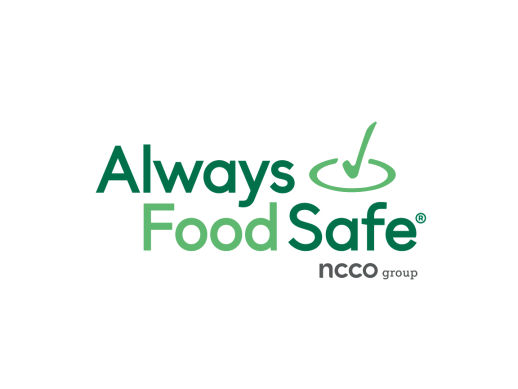There is a lot of information out there about food safety, but what are the most important things to remember to handle food safely?
Here are 6 of the most important practices to implement when handling food that will help ensure that you are not spreading foodborne illnesses to the customers you are serving.

 English
English
 Spanish
Spanish
